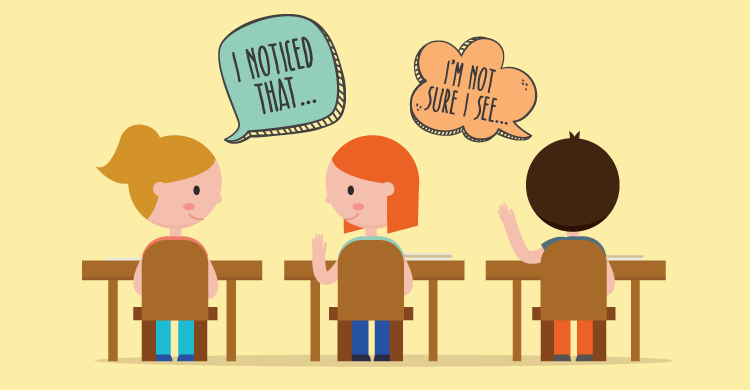Peer Response Post #1 – Marina Winter
I would like to respond to Marina’s Blog Post #2
I enjoyed her insights into drama-based pedagogy and constructivism. In my graduate studies (I’m taking this course to make up for some unearned undergraduate credits at UVic), my research focus was also on dramatherapy and how it can be a great coping mechanism for students with learning disabilities and varying levels of mental health problems. In my research, I found that the role-playing nature of drama-based learning can enable students to have experiential learning, meaning that the students can experience for themselves and practice what is learned in class. In her post, she discussed how she personally finds drama-based pedagogy effective, but did not go into details about exactly how and why it is effective. I feel that she can perhaps talk from her own perspective about her experience with using drama to teach others, or being taught a knowledge with drama. I would like to read about personal insights into its effectiveness.
Peer Response Post #2 – Bruce Mao
I would like to respond to Bruce’s Blog Post #2
Bruce based his understanding of pedagogy largely on personal experiences but could have integrated with some established educational theories and principles. For example, he may want to discuss construtivist approaches or social development theory to support his observations about active learning and social interaction. Furthermore, I’ve read a recent research study that challenges the validity of learning styles as a framework for improving educational outcomes. Some scholars also argue that tailoring instruction to individual learning styles may oversimplify the complexities of how students absorb information. While this kind of studies need to be further validated, I feel that they may enrich your critical analysis by adding a counter argument to your ideas. Similarly, you may also want to address some of the potential pitfalls of active learning, including unequal participation during group project, unequal engagement of less outspoken students during discussions, and think of strategies that can make active learning more effective considering these pitfalls. This way, your blog post can be more holistic.
